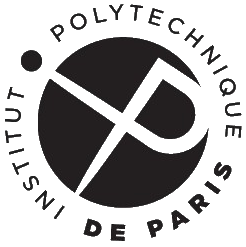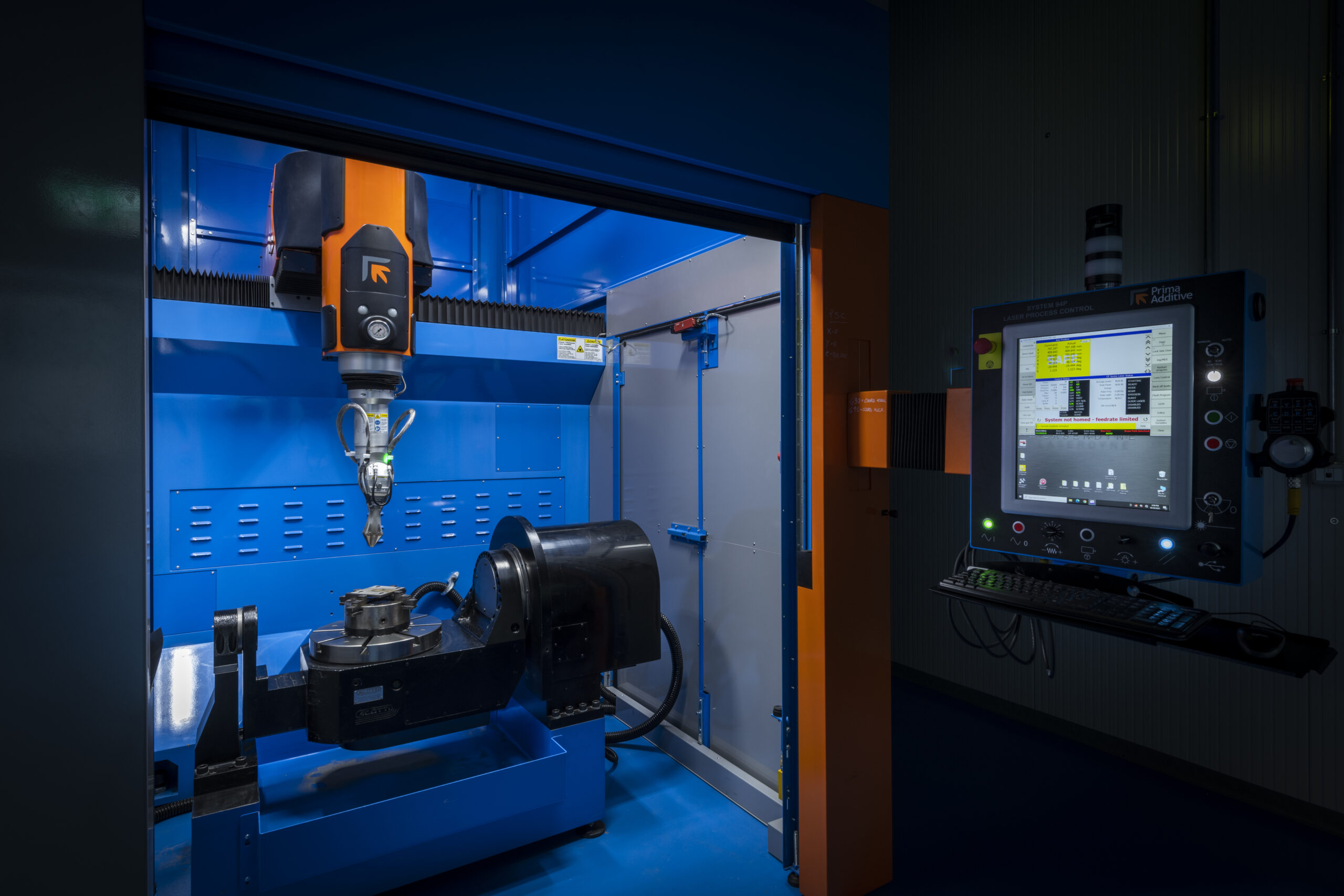CIM4.0 Academy
Enhancing capacity, empowering business
VII EDITION.
Start
October 2025
End
March 2026
Mode
Hybrid
Frequency
Part-time
Training hours
350h
Language
Italian
High training for Industry 4.0 managers
With the CIM4.0 Academy, you can make a real contribution to your company’s digital and green transition and become an innovation leader.
CIM4.0 Academy is unique in Italy, a training experience that enables the acquisition of skills, soft and hard transversal skills on enabling technologies, processes and new methodologies.
Business support
With funds from the “Next Generation EU”-National Recovery and Resilience Plan M4C2I2.3 initiative, we deliver funded training of up to 70 percent to cover costs, concretely supporting Italian companies in developing resource skills.

Micro and small enterprises
Contribution up to
70%
Medium-sized enterprises
Contribution up to
60%
Large enterprises
Contribution up to
40%
We also make available scholarships that can be consulted on this page.
Our goal
Our goal is to train key figures who can lead and manage the digital and sustainable transition of companies in various industries, manufacturing and service sectors. We provide the necessary tools for the managers of the future to meet the challenges of innovation in a new way.
The Academy is for you
The Industry 4.0 advanced training course is aimed at technical area managers and managers of companies in manufacturing, industry or offering services compatible with new technologies, outplacement workers and freelancers. We promote the training of young talented recent graduates in technical and scientific disciplines to foster the entry of figures ready to lead digital transformation.
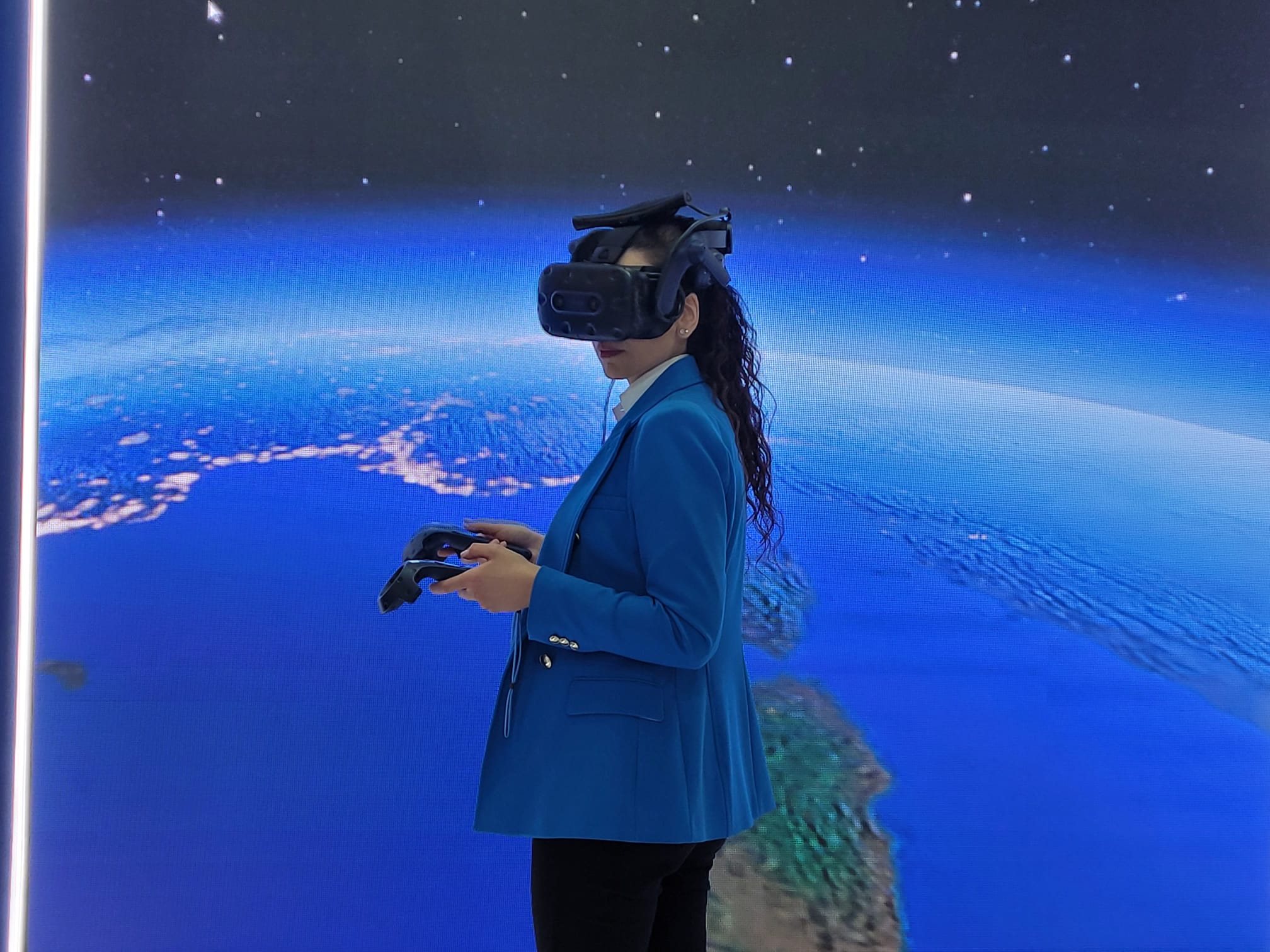
Immersive learning
CIM4.0 spaces offer a stimulating and innovative environment. We offer our classes an immersive and dynamic learning experience through state-of-the-art labs, courses that integrate theory plus practice, and the conduct of team project work at the end of the course. We prepare resources with a multidisciplinary, collaborative, experiential and hands-on approach.
Individual tutors
Throughout the course, the student is supported in transforming new knowledge and skills into action skills. Each participant is supported by a mentor with whom, from the first meeting, personal characteristics and operational context, in which the participant is placed, are shared to assess obstacles and opportunities.
Virtual Tour
Explore our spaces with the Virtual Tour and discover the places of the Competence Center
Key Facts
Spaces, people and numbers of CIM4.0 Academy.
Part-time hours
350h
Workshops
3000sqm
Pilot lines
2 lines
Course participants
1000+
Trainers
70+
I4.0 Innovation Leader Formats
90+
Course structure
8h
STEP 1
WELCOME & ASSESSMENT
30h
STEP 2
MULTIDISCIPLINARY AND CIRCULAR APPROACH
Ecosystem-based value network
156h
STEP 3
I4.0 TECH GAP RECOVERY
Virtual classroom – Laboratory
148h
STEP 4
DEVELOPING SKILLS
SYSTEMIC AND PROJECT WORK
Challenge based learning: managing complex systems, contamination and cross-experience
8h
STEP 5
FINAL ASSESSMENT
Six months after completion.
Course Schedule.
The program alternates moments of practical training with moments of knowledge sharing.
Tuesday and Wednesday 4-6 p.m.
Saturday 9 a.m.-1 p.m.
PRESENCE COURSES
Friday 8:30 a.m.-5:30 p.m.
Welcome
Introduction to training, presentation
pedagogical methods and collective meeting with tutors and mentors.
Assessment
Self-assessment: through a questionnaire, participants will help identify the degree of competence in specific technology and management areas.
Individual assessment: an initial assessment and support meeting aimed at guiding the performance of knowledge transformation and implementation will be held for each participant. Through individual interview, CIM4.0 proceeds to understand the characteristics of the participant and the operational context in which he/she is placed, to assess obstacles, opportunities, and individual characteristics.
Performance is evaluated based on specific KPIs.
Approccio multidisciplinare e circolare
Holistic approach to understanding complex systems and basic principles of circular economy.
Analysis of relationships between parts of a system in an ecosystem-based value network context. Evaluation of the implications of the succession of events. Identification of interdependencies, interfaces and different value-generating flows. Analysis role of processes in achieving system equilibrium
Data Science
IoT, Artificial Intelligence, Network Science and complex systems, Data Economy, Data mining strategy and Data visualization, adv machine learning implications, the Cloud as a tool for process optimization, Industrial cloud platform, Quantum technologies to develop services.
Tecnologie Abilitanti I 4.0 Digital
Augmented & Virtual Reality, Digital twin, 5G, Blockchain, Cloud, Quantum Technologies. Evolution of experimental activity on products and predictive on processes, with impacts for design, manufacturing and life cycle management, circularity resources (materials and software). Management of simulations using real and virtual information to increase the efficiency of production processes. Introduction to the implications of new data traffic standards for design, product commercialization, and industrial processes.
Additive Manufacturing
Additive manufacturing for materials and new processes. Integration with existing processes, design challenges for processes with AM, value chain evolution, and impact on sustainability performance.
Cybersecurity
Industrial security, Information Security, Blockchain, impact of GDPR compliance on production processes, embedded security-security by design, impact of cybersecurity practices on business and evolving legislations.
Predictive Maintenance
PM evolution with AI and Machine learning Maintenance 4.0 for sustainable manufacturing, circular innovation in PM.
Metodologie per l’eccellenza nel manufacturing 4.0
Evolving methodologies based on the principles of I4.0
Agile, Lean Management
Evolution of established approaches and new business management processes induced by digital disruption, business process management, DevOps, DesignOps, effective use of management tools for coordinating teams and achieving results, circular economy performance as seen by service providers.
Platform Design And Management
Related to Data Science and Enabling Technologies modules, input on how multisided platforms work, complementor role, and new actors
Percorsi per identificazione, riconoscimento e gestione nuove opportunità
Exploration of creative methodologies for increasing alternative solutions to problems in contexts of high uncertainty. Emotional intelligence, self-consciousness, engagement generation and new forms of leadership.
Sintesi dell’evoluzione delle legislazioni
Introduction to the implications of new regulations related to enabling technology application and impact on business, industrial and intellectual property protection of innovative technologies.
Project Work
Development of collective projects, one for each subgroup of up to 5 participants each, to address a concrete problem in the company and propose solutions that derive from the cross-cutting skills acquired and used in the group. The activity involves supervision by a business mentor and the production of an end-of-project report for each subgroup.
Final Assessments
After taking the required tests for each module, the participant will be awarded a diploma and will be involved in a second phase of individual assessment. During this second meeting, the graduate will receive a list of guidelines in order to contextualize the application of the knowledge gained. The goal is to maximize knowledge transformation so that the graduate consciously contributes to value creation in the business environment.
Trainers
Our resources come from CIM4.0 consortium partner companies and the two universities: the Polytechnic University of Turin and the University of Turin. We have selected professionals
of international relevance who have chosen to help create a high education pathway for Industry 4.0 and share their experience with participants.
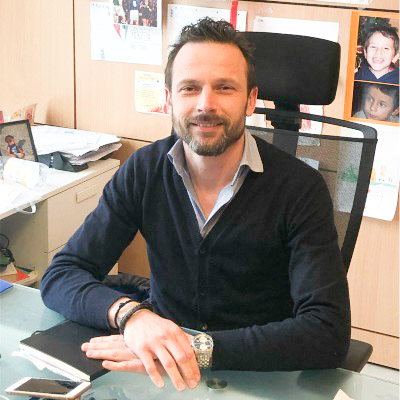
Giorgio Beato
Skf Group
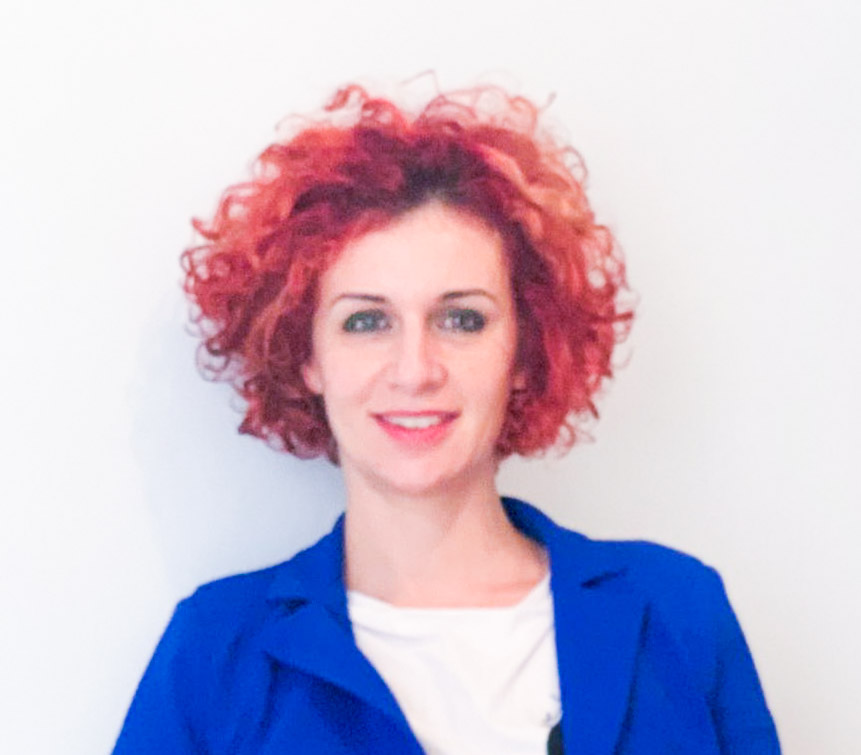
Adelina Brizio
University of Turin

Paolo Brizzi
CIM4.0

Marco Brozzetti
New Value Group

Enrico Buracchini
TIM

Tania Cerquitelli
Polytechnic University of Turin
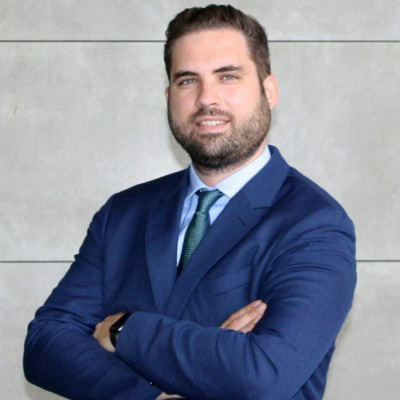
Victor Corral Franco
Corporacion Tecnologica Andalusia

Enrico Cravero
Skillab

Vincenzo De Rosa
Leonardo

Joseph Giacomin
Brunel University London
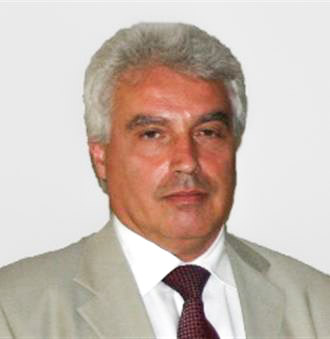
Luca Iuliano
Polytechnic University of Turin

Piergiorgio Lanza
Thales Alenia Space

Giulia Marchisio
CIM4.0

Giulia Marcocchia
Ecole Polytechnique

Pedro Medina
IED

Matteo Milaneschi
IED

Fabrizio Pio Baldini
Aizoon

Claudio Schifanella
University of Turin
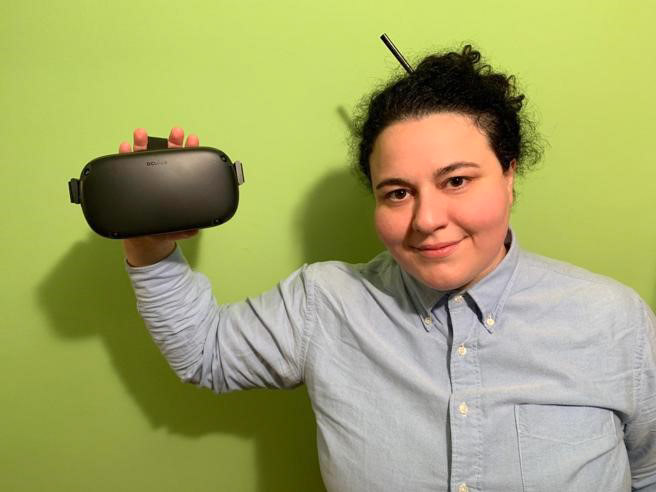
Agata Marta Soccini
University of Turin

Sara Vinco
Polytechnic University of Turin
They say about us
Watch all video interviews on YouTube
Diploma delivered in collaboration with the School of Masters and Continuing Education of the Polytechnic University of Turin

Certificate of accreditation with the Piedmont Region for the provision of continuing education
CIM4.0 Academy Partners.

